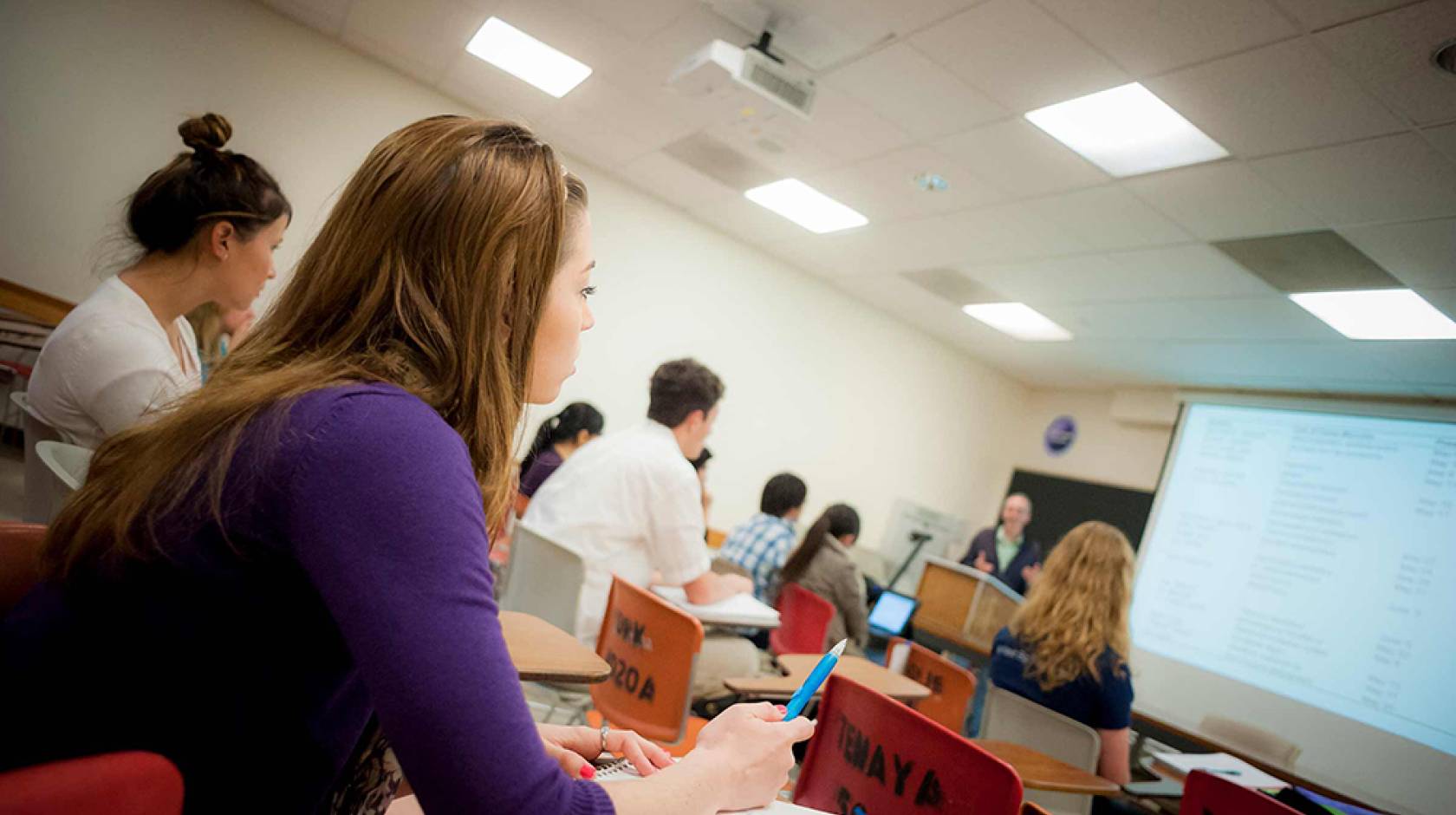Inga Kiderra, UC San Diego

You’re probably studying hard. But are you also studying smart? There’s a chance that you’re doing what you’ve always done, and there’s also a chance that it’s not serving you all that well.
Whether you’re in a formal class or looking to learn something new on your own, here are some tips for you: Ditch the highlighter. Stop re-reading over and over again. Quiz yourself instead—trying to recall what you remember is a powerful tool. And this is important, too: Space out your study sessions.
These tips are based on years of tested research in psychology, including by UC San Diego faculty members and by doctoral student Steven Pan.

Working with Tim Rickard, who heads up the Cognition and Cognitive Neuroscience Lab in the UC San Diego Department of Psychology, Pan recently completed his dissertation on what learning science calls “retrieval practice.” In plain English, “retrieval practice” translates to something like “quizzing yourself” or “testing your own memory.” That appears to be one of the most effective things you can do.
And it’s not hard. You can create flash cards. You can pair up with a study buddy. You can just use your hand to cover bits of text in a book or on a slide presentation and ask yourself: What can I recall? Say that thing (out loud if you can). Write it. Or sketch it. Whatever works best for you. Then check your answer. The key is to practice retrieving it from memory.
Also effective is to space out the time when you study. Cramming is no good. So, if you have 10 hours to dedicate to learning something, spend an hour every day over the course of 10 days or, even better, every other day over the course of 20. That’s just an example. Get out those calendars and schedule yourself time to go over material. Make sure to schedule breaks from it, too. Take small bites not gulps of information. Plan for many little meals.
Make it a combo for maximum punch. According to research, Pan says, combining those two techniques—“retrieval practice” and “spaced learning”—is the most effective way to retain information over long periods of time. Practically speaking, that means quizzing yourself over successive sessions.
UC San Diego
“A lot of what people do when trying to learn and retain something new is what they’re used to doing—what they’ve done before,” said Pan, who is headed to UCLA as a Chancellor’s Post-Doctoral Fellow after finishing his Ph.D. at UC San Diego. “Yet that’s not always the most effective approach to learning. Or at least it’s not backed up by research in learning science.”
The most used techniques are re-reading, highlighting and summarizing, but research shows those are not very good at helping you remember.
“Re-reading creates a meta-cognitive illusion,” Pan said. “People get comfortable and they get familiar. But being familiar is not the same as learning. It can be misleading, actually. People overestimate how well they know something.”
“There seems to be an inverse relationship between what research shows is most effective and what is most popular,” said Pan. And he’s been working to change that.
With his faculty mentors’ and the department’s blessing, Pan has turned these tips into workshops for undergraduate students and a how to effectively study web page on the department website. The page contains more detailed information on learning techniques that have been shown to be most effective, as well as short effective study technique videos. You can also download this how to study less and remember more one-page handout that Pan put together.
Pan’s tips are based on his own research and “two superb instructional guides that summarize decades of research on effective learning practices.”
Those guides—if you’re game to read even more after looking over the materials Pan created—are “Organizing Instruction and Study to Improve Student Learning,” written for the U.S. Department of Education, by a group chaired by Hal Pashler, distinguished professor of psychology and director of the Learning Attention and Perception Lab at UC San Diego, and “Improving Students’ Learning With Effective Learning Techniques,” by John Dunlosky of Kent State University and colleagues, in the journal Psychological Science in the Public Interest.
“Although effort is very important, it’s not enough to study harder—it’s also important to study smarter,” Pan said. “With effective learning techniques, you can study more efficiently and get better results.”
Okay, now that you’ve read the story, a quick quiz: What did you just read? What were the most important tips? Trying to recall will help you remember. Doing it again in a couple of days will help you even more.

